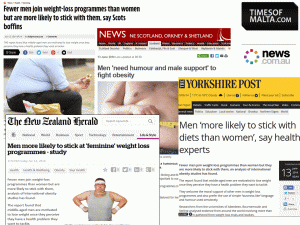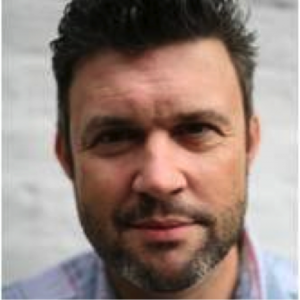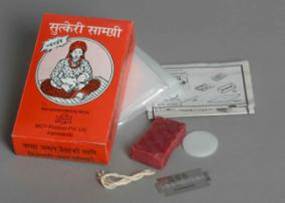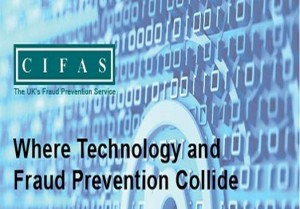 We are currently experiencing an incredible, explosive growth in digital content and information. According to IDC, there currently exists over 2.7 zetabytes of data. It is estimated that the digital universe in 2020 will be 50 times as big as in 2010 and that from now until 2020 it will double every two years. Research in traditionally qualitative disciplines is fundamentally changing due to the availability of such vast amounts of data. In fact, data-intensive computing has been named as the fourth paradigm of scientific discovery and is expected to be key in unifying the theoretical, experimental and simulation based approaches to science. The commercial world has also been transformed by a focus on BIG DATA with companies competing on analytics. Data has become a commodity and in recent years has been referred to as the ‘new oil’. We are entering a new era of predictive analytics and data intensive computingwhich has been recognised worldwide with various high profile reports highlighting the challenges and attempting to quantify its huge potential benefits.
We are currently experiencing an incredible, explosive growth in digital content and information. According to IDC, there currently exists over 2.7 zetabytes of data. It is estimated that the digital universe in 2020 will be 50 times as big as in 2010 and that from now until 2020 it will double every two years. Research in traditionally qualitative disciplines is fundamentally changing due to the availability of such vast amounts of data. In fact, data-intensive computing has been named as the fourth paradigm of scientific discovery and is expected to be key in unifying the theoretical, experimental and simulation based approaches to science. The commercial world has also been transformed by a focus on BIG DATA with companies competing on analytics. Data has become a commodity and in recent years has been referred to as the ‘new oil’. We are entering a new era of predictive analytics and data intensive computingwhich has been recognised worldwide with various high profile reports highlighting the challenges and attempting to quantify its huge potential benefits.
In addition to our previously advertised Data Science workshop suitable for a broader audience (Data Scientist: The sexiest job of the 21st century?), this much more focused EPSRC IT as a Utility Network+ (http://www.itutility.ac.uk/) and EU INFER (http://www.infer.eu/) co-sponsored event organised as part of the Bournemouth University’s Festival of Learning will explore the value of very quickly growing data and feasibility of providing data and predictive analytics as services in various industries, public sector and academic disciplines.
The workshop will feature five invited 30 minutes talks to set up the scene for:
i) looking at the growing value of data and treating it as a utility; and
ii) feasibility of providing data and predictive analytics as a service on a large scale and across many industries and disciplines.
The talks will be followed by breakout interactive/discussion sessions in mixed groups with potential linking of partners for various follow on activities (grant applications, proof of concept projects etc.).
The attendance is free and if you are interested to join us please register following this link: http://microsites.bournemouth.ac.uk/festival-of-learning/events/data-as-a-utility-and-analytics-as-a-service/.
Confirmed invited speakers:
Prof. Nello Cristianini, Prof. of Artificial Intelligence, University of Bristol, UK
Prof. Detlef Nauck, Chief Research Scientist, BT’s Research and Innovation Division, UK
Tom Quay, Director, We Are Base Ltd, UK
Prof. Trevor Martin, Prof. of Artificial Intelligence, University of Bristol, UK
Dr. Dymitr Ruta, Chief Researcher, EBTIC, Khalifa University, UAE
Date: 9 June 2014: 12pm – 6pm.
Location: 3rd Floor, Executive Business Centre, 89 Holdenhurst Road, Bournemouth, BH8 8EB
Workshop programme:
12.00 – 12.45 – Registration and buffet lunch.
12.45 – 13.00 – Welcome and introduction (Bogdan Gabrys, Bournemouth University, UK)
13.00 – 13.30 – Prof. Detlef Nauck (BT, UK)
13.30 – 14.00 –Prof. Nello Cristianini (Bristol University, UK)
14.00 – 14.30 – Tom Quay (We Are Base Ltd, UK)
14.30 – 15.00 – Coffee break
15.00 – 15.30 – Prof. Trevor Martin (Bristol University/BT, UK)
15.30 – 16.00 – Dr Dymitr Ruta (EBTIC, Khalifa University, UAE)
16.00 – 16.15 – Break
16.15 – 17.15 – Breakout discussion sessions: i) data as a utility; ii) analytics as a service.
17.15 – 18.00 – Summary, recommendations and follow on actions.
Please contact the workshop chair, Prof. Bogdan Gabrys (bgabrys@bournemouth.ac.uk), if you require any further information.



























 Read and sign up to BU’s Policy Influence Digest
Read and sign up to BU’s Policy Influence Digest Upcoming opportunities for PGRs – collaborate externally
Upcoming opportunities for PGRs – collaborate externally BU involved in new MRF dissemination grant
BU involved in new MRF dissemination grant New COVID-19 publication
New COVID-19 publication MSCA Postdoctoral Fellowships 2024
MSCA Postdoctoral Fellowships 2024 Horizon Europe News – December 2023
Horizon Europe News – December 2023